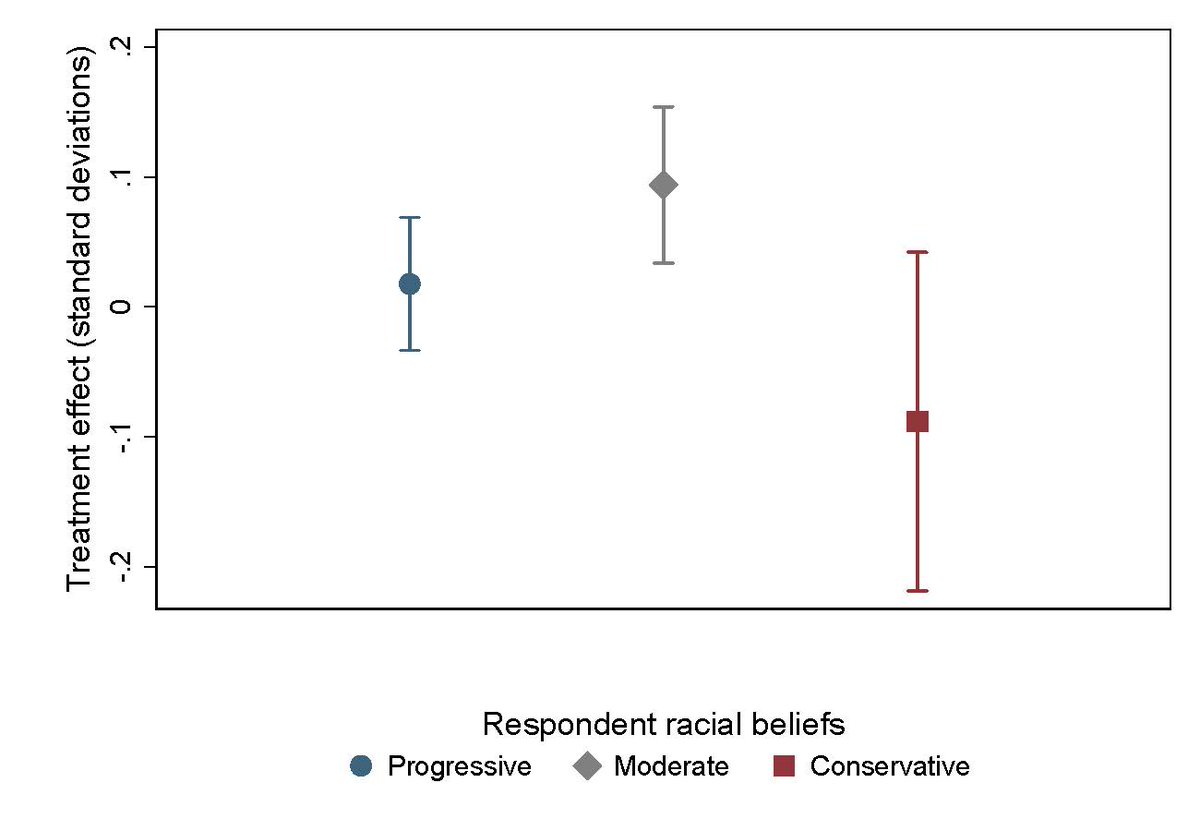
We are happy to highlight Lena Song and her JM paper on #econjobmarket today
Her fields are: Applied Microeconomics, Development, Behavioral & Experimental, Political Economy
Her fields are: Applied Microeconomics, Development, Behavioral & Experimental, Political Economy
1/9 Dear #EconTwitter, today we highlight Lena Song’s work. #econjobmarket
Lena studies media and information technologies, with a focus on their relationship to diversity and inequality.
Website: songlena.com
Lena studies media and information technologies, with a focus on their relationship to diversity and inequality.
Website: songlena.com
2/9 Lena's JMP studies persuasion. Her theoretical model predicts that the persuasiveness of a message is an inverted-U function of its distance to the audience's existing beliefs.
3/9 Messages that are closer to one's prior beliefs move beliefs in the direction of the message. However, messages that are far from one's prior beliefs generate backlash effects, that is, move beliefs in the opposite direction.
4/9 Using large-scale, pre-registered online experiments, she provides empirical evidence for this inverted-U relationship.
5/9 After exposure to moderately progressive tweets supporting racial justice, people with moderate views on racial issues are persuaded (increase in beliefs in existence of discrimination, reduction in stereotypes, and increase in support for progressive policies).
6/9 The same content has little effect on people with progressive or conservative racial beliefs, and extremely progressive content generates a backlash for people with conservative racial beliefs. 

7/9 Why does this matter? Many have argued that social media pushes people apart - in part due to the algorithms that govern how content is shown to users. But algorithms are not set in stone. Social media content can bring people closer together (including reducing stereotypes).
8/9 In other projects, Lena has conducted archival research or field experiments to study barriers to growth of microenterprises, social media addiction, and racial discrimination of firm owners in the media market.
9/9 We’re glad that the Twitter algorithm brought you this thread and hope this persuades you to check out some of Lena’s work.
For comments and questions, email lena.song@nyu.edu.
For comments and questions, email lena.song@nyu.edu.
• • •
Missing some Tweet in this thread? You can try to
force a refresh



